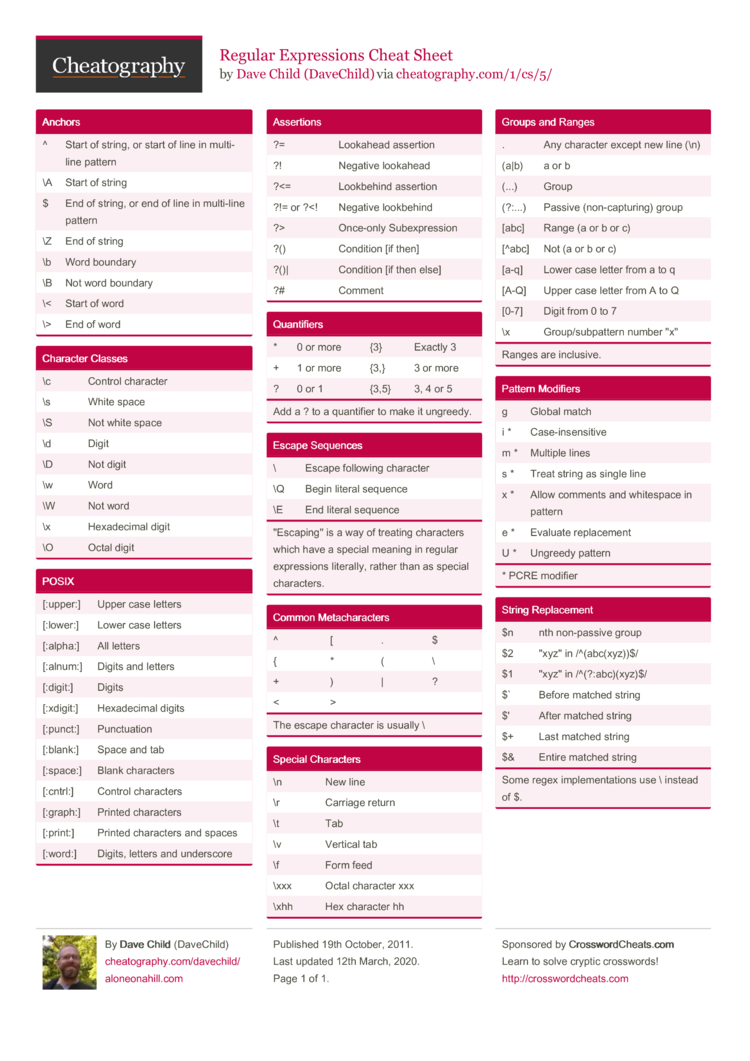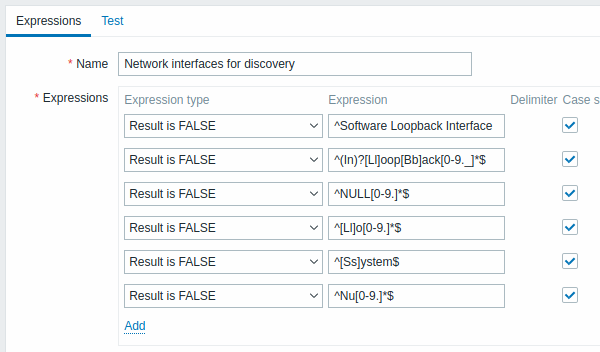

To find the answer, I just typed the command: grep 'An' * Has your word processor gotten past its splash screen yet? Well, it doesn’t matter, because I’ve already found the missing file. Briefly, the “A” and the “n” match themselves, in effect finding words that begin with “An”, while the cryptic requires the “An” to be followed by a character other than ( ^ means not in this context) a space (to eliminate the very common English word “an” at the start of a sentence) or “d” (to eliminate the common word “and”) or “n” (to eliminate Anne, Announcing, etc.).

The syntax will become clear as we go through this chapter. A more concise form (“more thinking, less typing”) is: An Which you can probably guess means just to search for any of the variations. The simplest to understand is: Angie|Anjie|Angy Any system that provides regular expression support allows me to search for the pattern in several ways. Obviously, you have to look for it.īut while some of you go and try to open up all 15,000,000 documents in a word processor, I’ll just find it with one simple command. Or was it Angy? But you don’t remember what you called it or where you stored it. And let’s further suppose that you remember that somewhere in there is an email message from someone named Angie or Anjie.

The result is that you have a 5 GB disk partition dedicated to saved mail. Suppose you have been on the Internet for a few years and have been very faithful about saving all your correspondence, just in case you (or your lawyers, or the prosecution) need a copy.


 0 kommentar(er)
0 kommentar(er)
